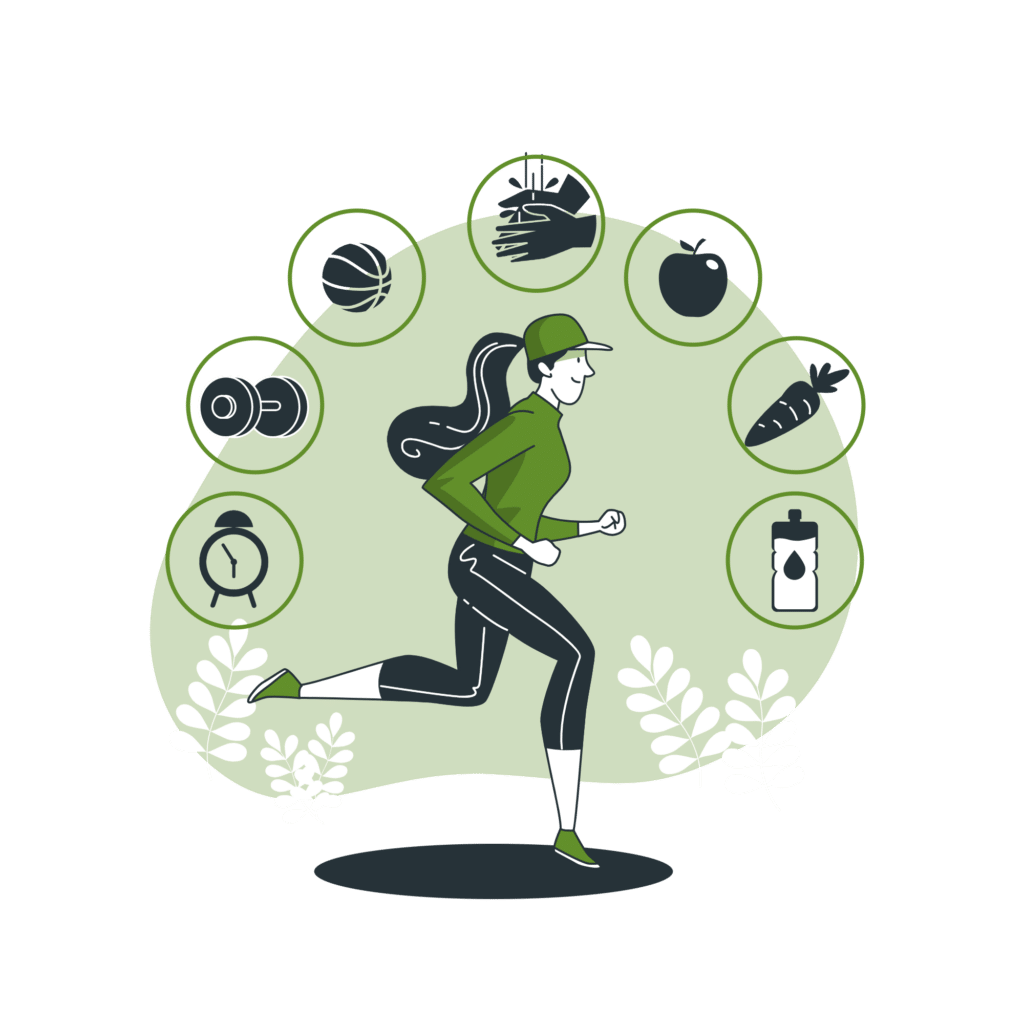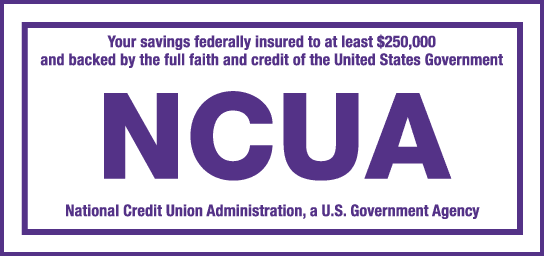In his book Atomic Habits, James Clear outlines ways to ramp up your productivity all while kicking some deceptively harmful habits to the curb. In this blog series, we’ll discuss some of the most helpful AND the most harmful habits outlined in the book. But first, we need to talk about what a habit is, and how it can impact your day-to-day life.
What is a Habit?
We toss the word “habit” around a lot. “It’s a bad habit.” “Old habits die hard.” But do we really know what a habit is? A habit is a behavioral pattern acquired through repetition and practice. It’s an automatic response to a specific cue or trigger, performed with minimal conscious effort. Our brains are wired to form habits as a way of conserving mental energy and making repetitive tasks more efficient. Think about that for a second. For something we talk about so nonchalantly, habits are automatic, our brains are wired for them. How do we develop these habits? As a leader, it is important to know your own habits as well as some of the habits of those you lead. This way you can help foster productivity all while practicing what you preach.
How Habits Develop:
Habit formation is a gradual process that occurs in three stages: the cue, the routine, and the reward. First, there’s a cue or trigger that initiates the behavior. This could be a specific time, place, emotion, or even an external prompt. Next, we engage in the routine, which is the actual behavior itself. Finally, there’s the reward, a positive outcome or feeling we experience after completing the routine.
For example, imagine someone trying to develop a daily exercise habit. The cue might be setting their workout clothes out the night before. The routine is completing their morning workout, and the reward is the sense of accomplishment and the endorphin rush that follows. Over time, the brain associates the cue with the routine and the reward, making the behavior more automatic. However, this also happens with negative behaviors. For instance, when you’re working, things may distract you. Scrolling social media can give you a small serotonin boost and so before you know it, you’ve developed a habit of scrolling instead of actually working.
Impact on Daily Productivity:
Habits have a profound impact on our daily productivity because they determine our default actions in various situations. Productive habits can help us efficiently accomplish tasks, manage time effectively, and achieve our goals. On the other hand, unproductive habits can hinder progress and contribute to procrastination.
By developing positive habits, such as setting aside focused work time, prioritizing tasks, or taking short breaks to recharge, we can enhance our daily productivity. These habits create structure and discipline, enabling us to make the most of our time and energy.
Breaking Unproductive Habits:
Breaking unproductive habits is just as important as building positive ones. To replace a detrimental habit with a productive one, identify the cue that triggers the behavior and find an alternative routine that delivers a similar reward. Consistency is key when attempting to modify habits, so be patient with yourself during the process.
Habits are the building blocks of productivity, shaping our daily lives in profound ways. Understanding how habits develop and impact our behaviors empowers us to create positive routines that enhance productivity. By cultivating beneficial habits and breaking unproductive ones, we can achieve our goals, improve our time management, and lead more fulfilling lives. Remember, small changes in our daily routines can yield significant results in the long run. So, let’s embrace the power of habits and work towards maximizing our productivity and overall well-being.
In our next blog, we’ll detail the bad habits you need to throw away to maximize your productivity.
- Personal Banking
- Bank
Personal Banking

Ready To Start Saving?
Contact UsWe're here to help you make the best financial decisions for your future.
- Borrow
Next Steps

Looking for your perfect home?
We're here to help you find a house to raise a family, and make and cherish memories.
- Insurance

We're here even on the worst day.
Inspire FCU comes to the rescue to protect what you value most.
- Services
Services
Other Resources

Find A No-Fee ATM
Search from 30,000+ surcharge free ATMs nationwide with Inspire FCU.
- About Us

Become A Member Today!
Once you are an Inspire FCU member you are a member for life.
- Bank
- Business Banking
- Bank
Next Steps

Ready To Start Saving?
We're here to help you make the best financial decisions for your future.
- Borrow

Ready to get started?
We're here to help you make the right financial decisions for your small business.
- Insurance
Business Insurance

We're here for your business.
Inspire FCU comes to the rescue to protect your business.
- Services
Business Services

Find A No-Fee ATM
Search from 30,000+ surcharge free ATMs nationwide with Inspire FCU.
- HR Services

Find A No-Fee ATM
Search from 30,000+ surcharge free ATMs nationwide with Inspire FCU.
- About Us

Become A Member Today!
Once you are an Inspire FCU member you are a member for life.
- Bank




